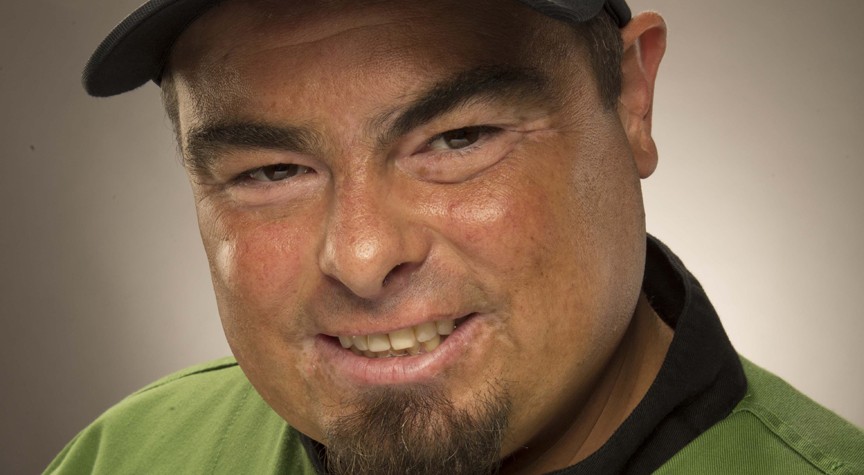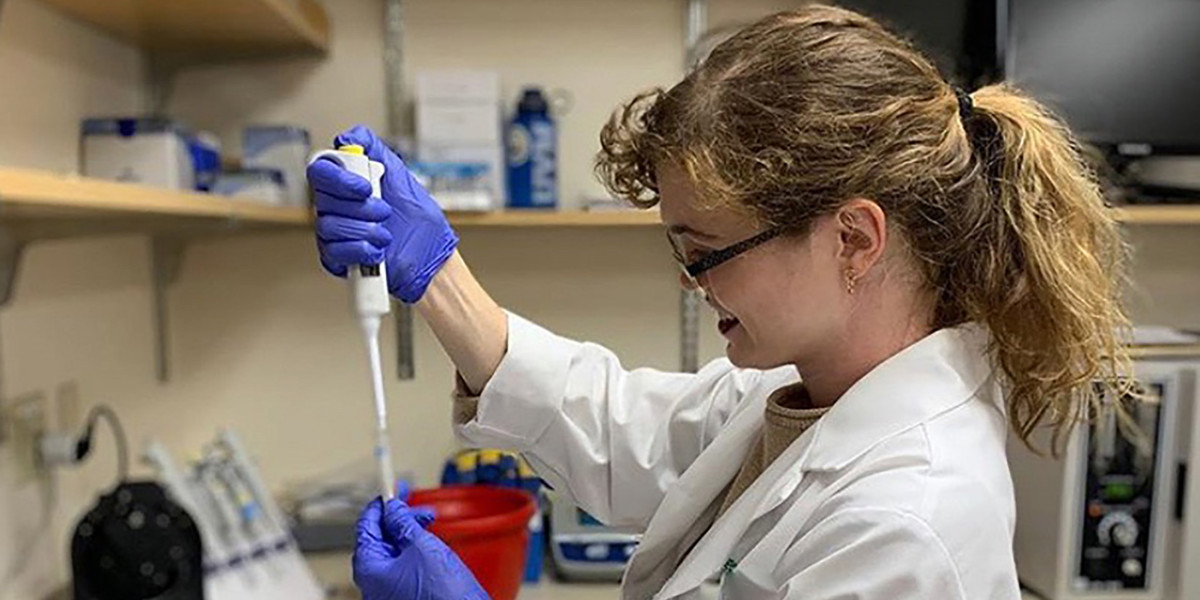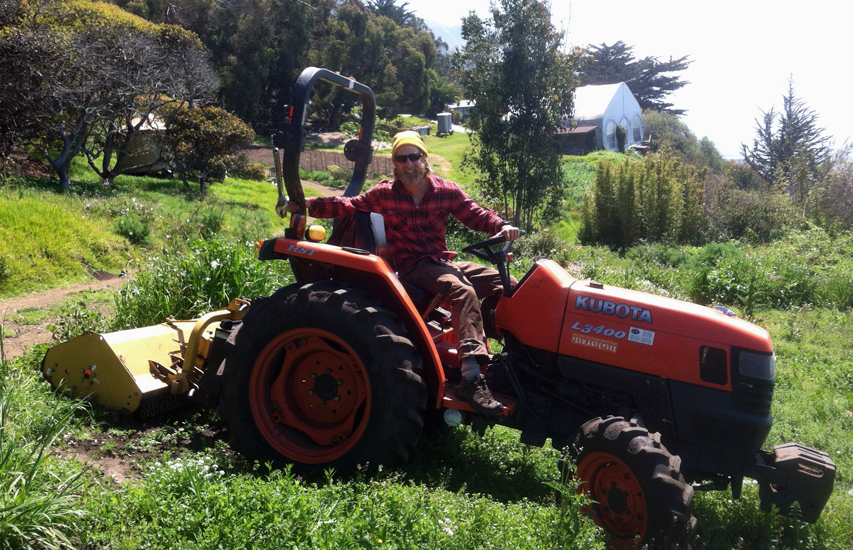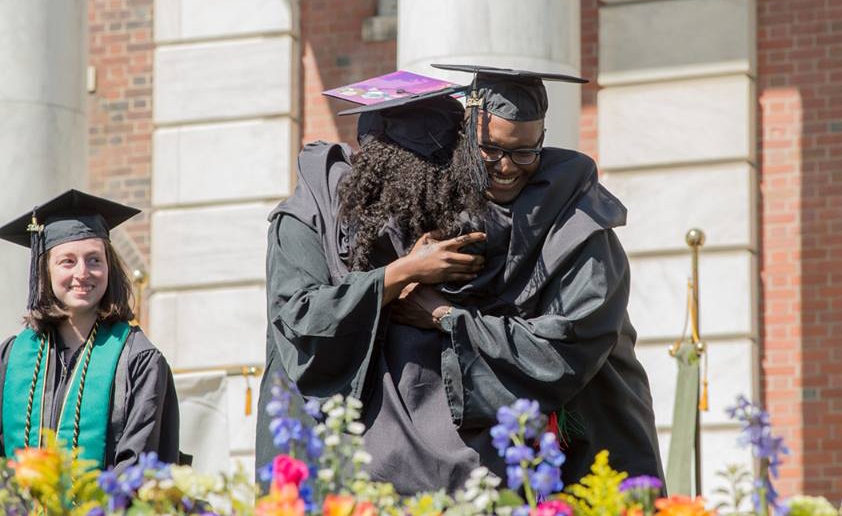Birth doula Francesca Arnoldy realized the power of end of life care when her grandfather was dying at his home in Massachusetts. During his final days, his wife and primary caregiver—Arnoldy’s grandmother—was sleep-deprived, scared, and emotional.

“I went to Massachusetts to see my grandfather, and I didn’t realize how close he was to dying until I got there,” says Arnoldy, who graduated from UVM in 2003. “I immediately jumped into my doula role so my grandmother could get some sleep. I kept a one-woman vigil and read him poetry and talked to him on a spiritual level.”
Her grandfather died the following morning surrounded by his family. “It was an eye-opening experience, and I was blown away how similar it felt to the sacred space of birthing,” Arnoldy says. “With the right end of life care, I realized that people can find a sense of peace, comfort, and trust.”
Arnoldy eventually spearheaded the development of UVM’s new online, eight-week End of Life Doula Professional Certificate Program and is also the lead facilitator of the program. Developed in association with the University of Vermont Larner College of Medicine, UVM Continuing and Distance Education, and Cabot Creamery, the program will start in September.
A graduate of the UVM College of Education and Social Services Human Development and Family Studies Program, Arnoldy lives in Hinesburg with her husband and two children. She pursues a number of endeavors, including birth work as a certified labor doula and childbirth educator.
After her grandfather’s death, she completed training programs in hospice and end of life care, extending her focus beyond the childbearing years to support peaceful and personalized end of life care.
The Role of a Doula
Doulas empower clients, ease anxieties, and help ensure people’s days are lived fully and that time spent is personally affirming and meaningful. Similar to birth doulas, end of life doulas are non-medical professionals who offer support and provide caregiver relief.
“The work is different for each client. Doulas can sense who needs support, who needs a break, and who needs to talk,” Arnoldy says. “We’re also dedicated to honoring the goals of the clients.”
The new UVM program is designed to prepare graduates to meet the growing demand for end of life support and teaching essential skills to assist clients with compassionate care, including emotional, spiritual, informational, and physical support. These services complement the care provided by family members and other palliative and hospice professionals.
“Death matters. It’s a meaningful, emotionally-complex, natural part of life. Doulas understand the importance of the experience, for the person dying and for those being left behind,” she says. “Those who have felt well-supported and find closure with a loved one’s death talk about the experience with reverence, even through their grief and pain. Doulas can provide a hand to hold, a listening ear, and nonjudgmental, compassionate understanding during the dying process—aiding comfort, relieving anxiety, while helping to shift our culture’s fear of death into empowerment.”




